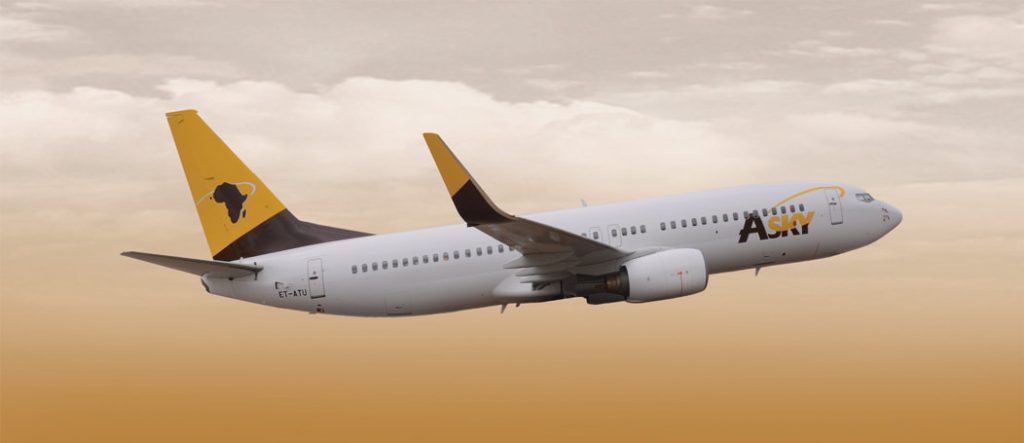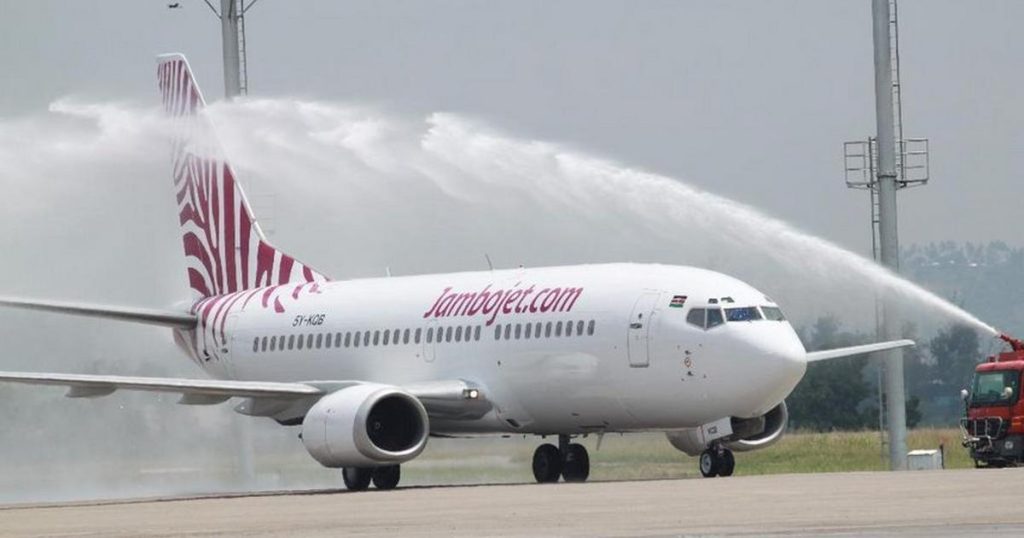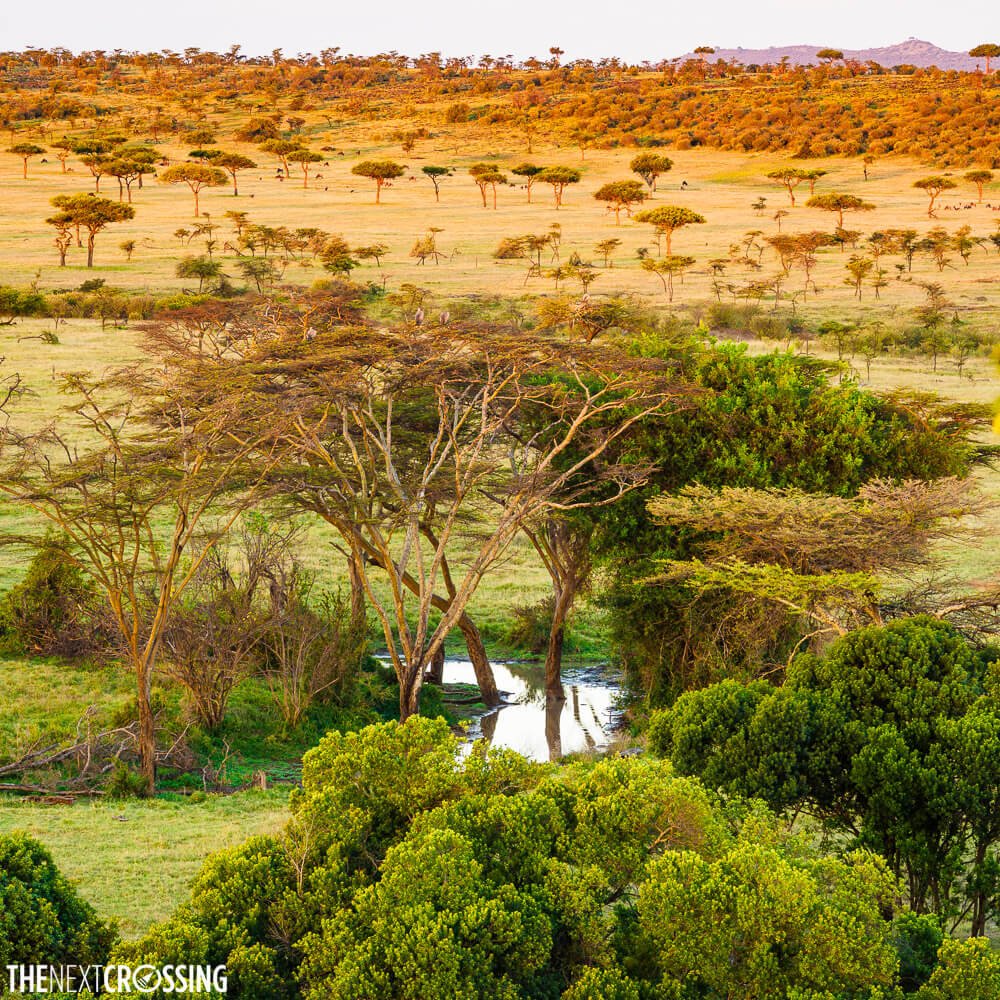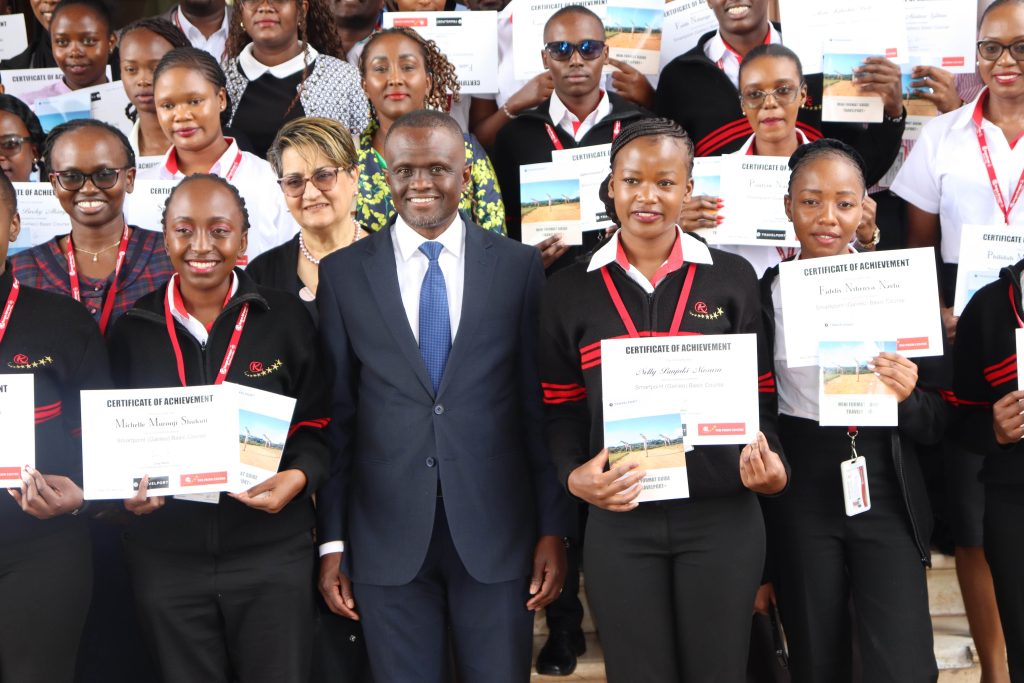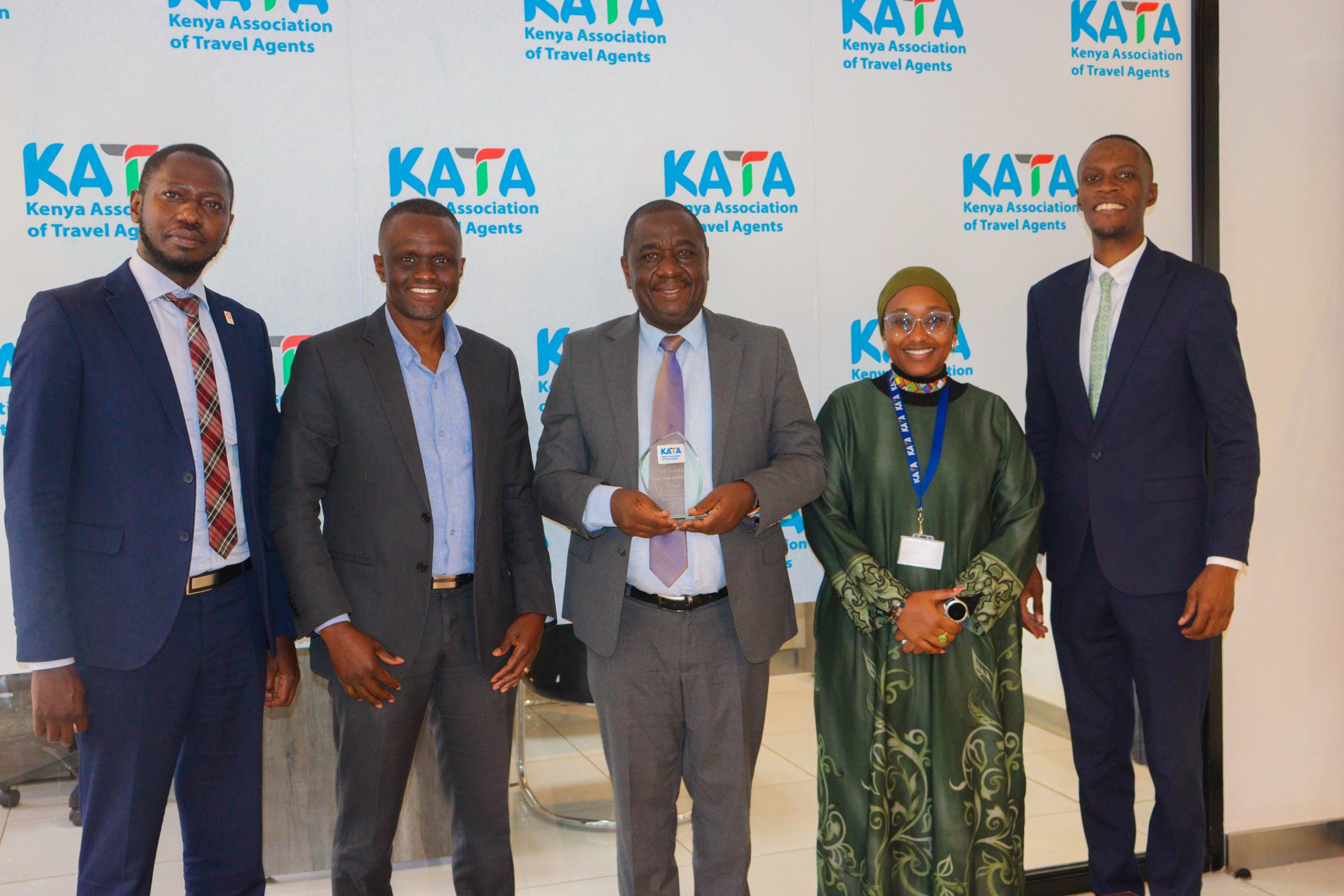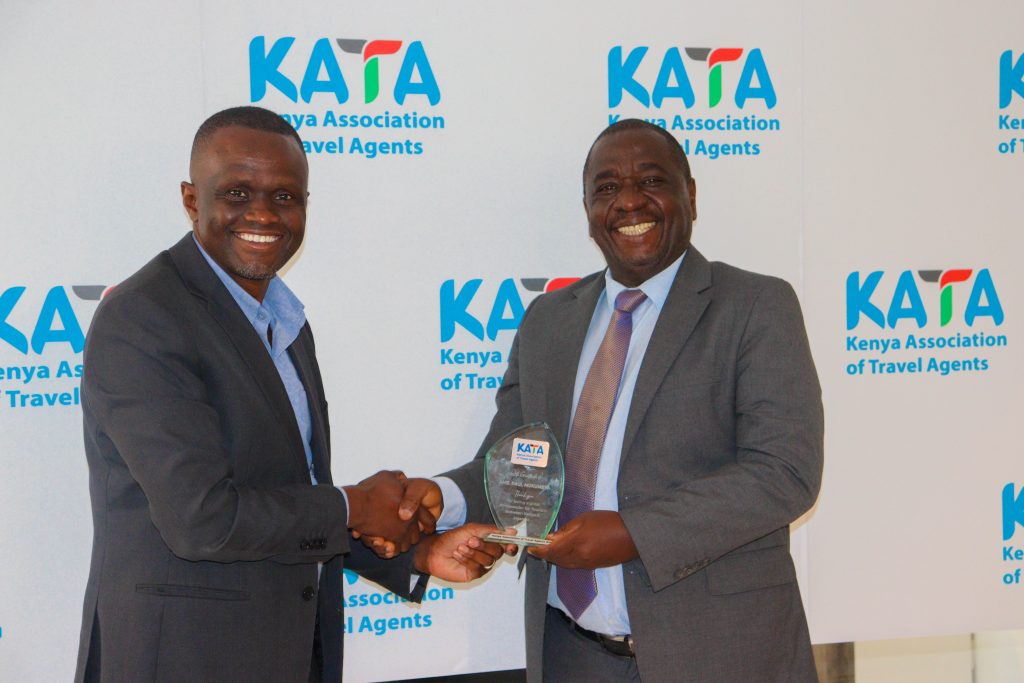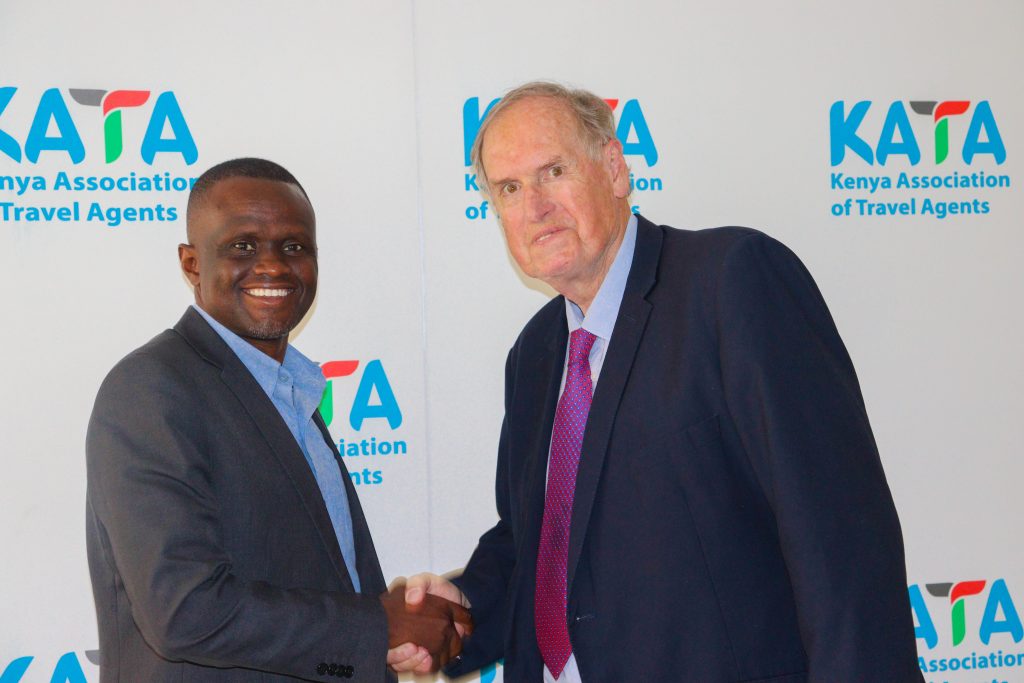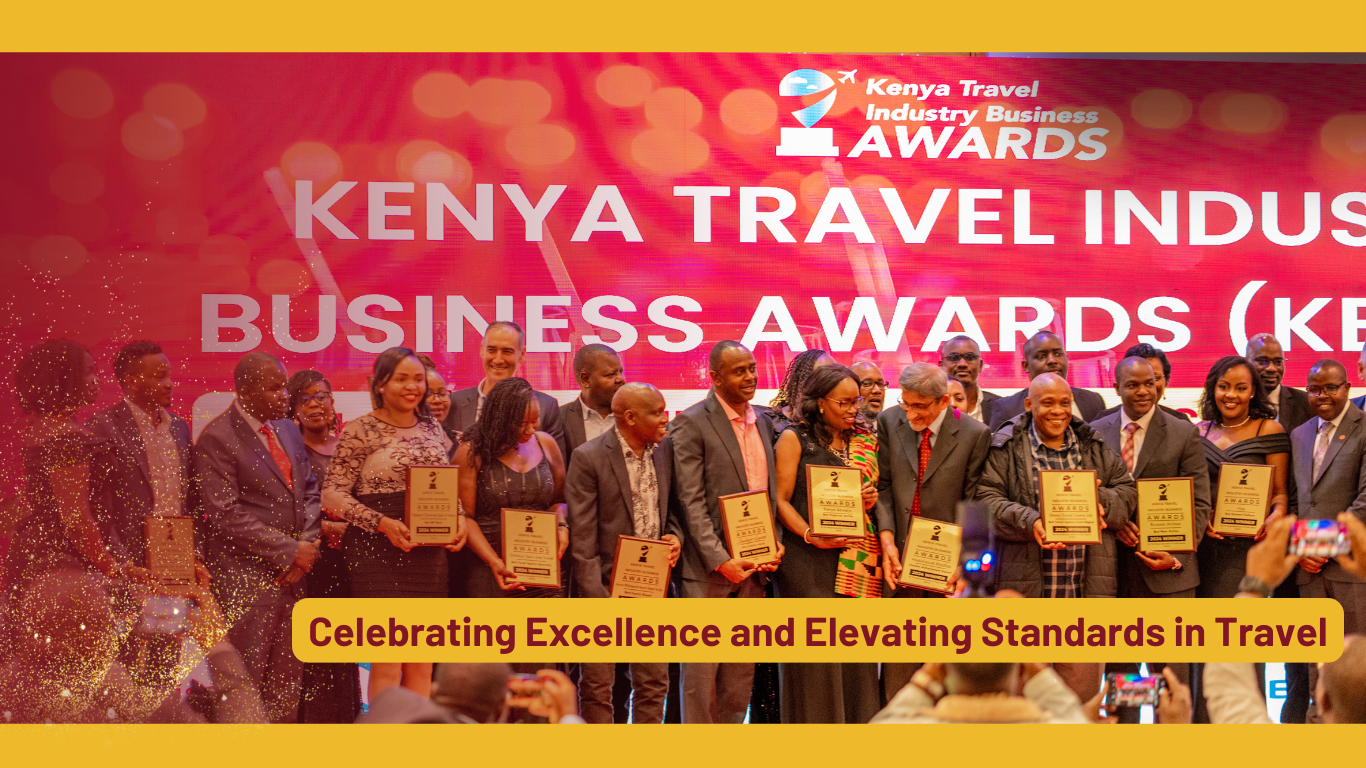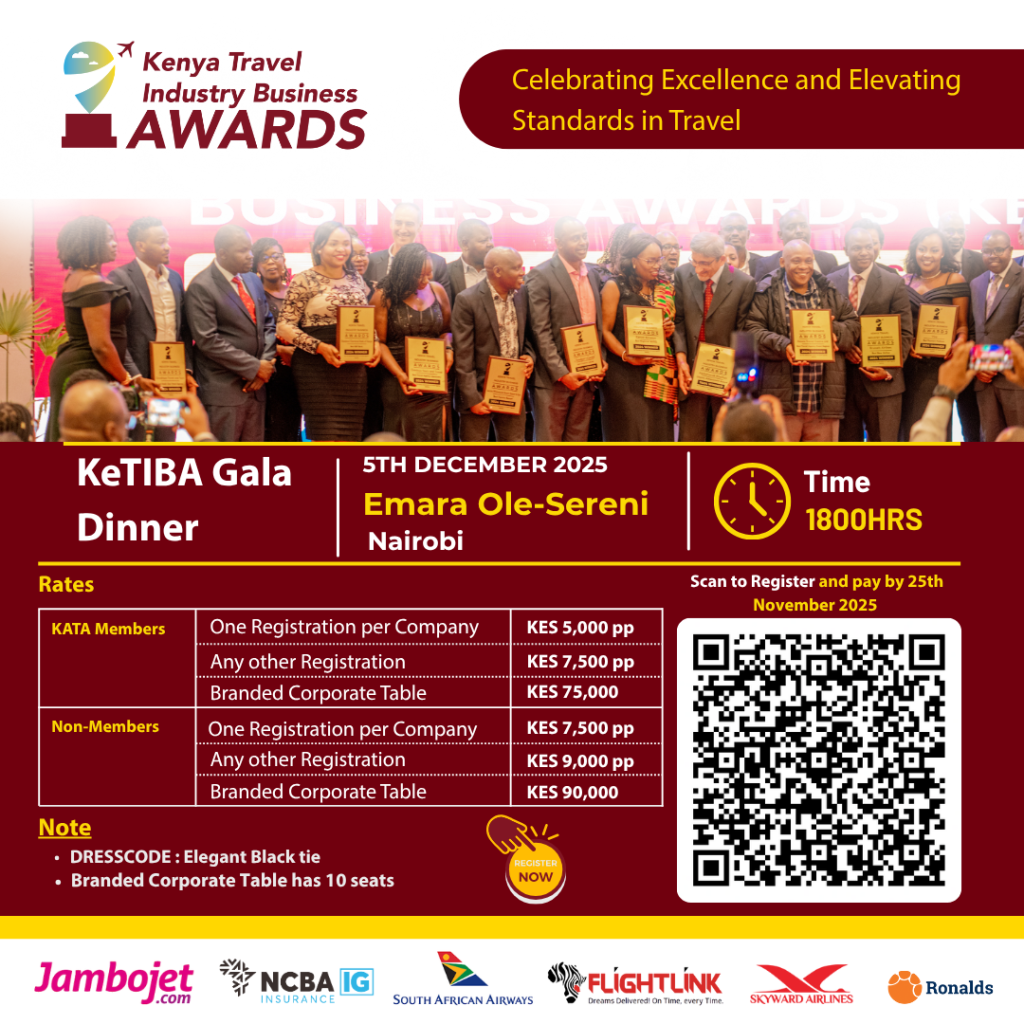Global travel & tourism is experiencing a strong resurgence in 2025, with international tourist arrivals rising by 5 percent in the first nine months of the year. According to the UN World Tourism Organization, more than 1.1 billion people travelled internationally between January and September, surpassing both 2024 figures and pre-pandemic levels from 2019. This growth has come despite persistent economic uncertainty, inflationary pressures, and geopolitical tensions. The third quarter alone recorded a 4 percent increase compared to the same period in 2024, boosted by a vibrant summer travel season in the Northern Hemisphere.


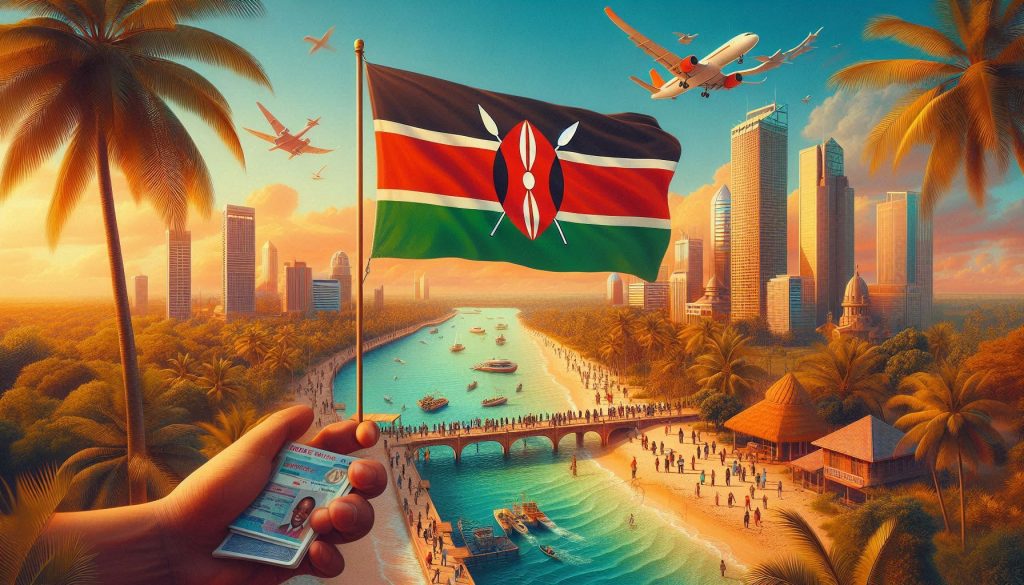
Africa and Europe are leading this global upswing. Africa recorded an impressive 10 percent rise in international arrivals, with both North Africa and Sub-Saharan Africa achieving double-digit growth. Destinations such as Egypt, Ethiopia, and South Africa have been at the forefront of the recovery. Europe also performed strongly, welcoming about 625 million international visitors in the January–September period. This marks a 4 percent increase compared to 2024, with Southern and Western Europe showing particularly robust results. Central and Eastern Europe posted an 8 percent rebound, while Northern Europe experienced a slight decline.
Other regions are showing promising signs as well. The Asia-Pacific region saw an 8 percent rise in arrivals, reaching close to pre-pandemic levels. North-East Asia performed especially well with a 17 percent increase, although total numbers remain just below those of 2019. The Americas experienced moderate growth overall. South America led the region with a 9 percent increase in arrivals, while North America saw a small decline and the Caribbean and Central America posted modest gains. The Middle East grew by 2 percent and now enjoys roughly one-third more visitors than it did before the pandemic, making it the region with the strongest relative recovery.
Beyond visitor numbers, tourism spending is also rising. Countries such as Japan, Egypt, Brazil, and Morocco have recorded significant increases in tourism receipts. Spending in Japan rose by 21 percent, while Egypt and Morocco saw increases of 18 and 14 percent respectively. These trends indicate that travellers are not only returning in greater numbers but are also spending more, contributing positively to local economies.
Looking ahead, the global tourism outlook for the remainder of 2025 remains positive. The UNWTO’s projection of a 3 to 5 percent increase in international arrivals is well within reach, although factors such as rising travel costs and geopolitical uncertainty could influence final outcomes. Even so, optimism prevails across the industry, supported by strong demand from diverse source markets and growing interest in emerging destinations. As tourism enters this new phase of recovery, opportunities continue to expand for destinations, investors, and travellers around the world.

